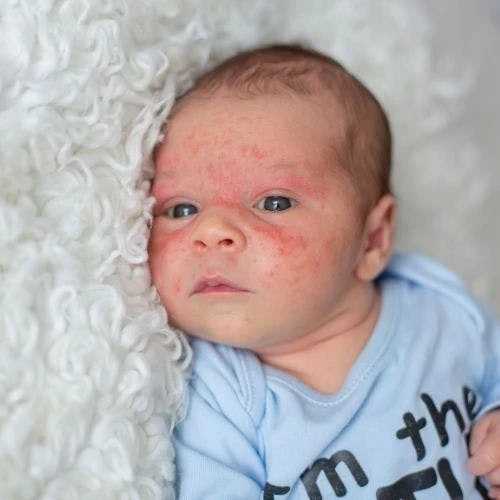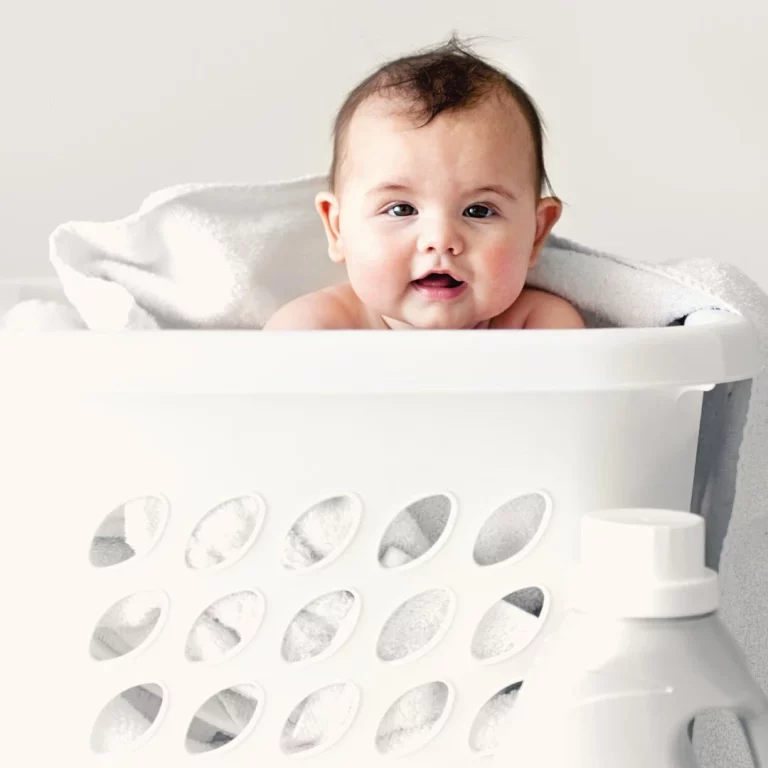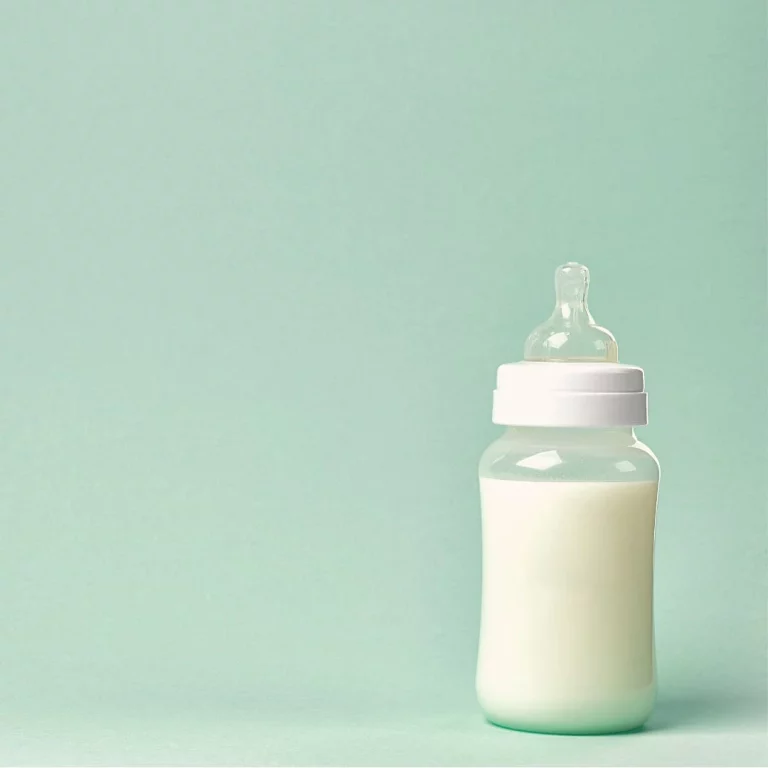Infant Eczema: Baby Skin Care And Baby Diaper Rash Care
When it comes to baby’s skin, less is more. The gentler we are with their delicate skin, the more we can enhance the skin’s natural barrier properties. Infant skin is the gateway to healthy immune functioning, healthy bacteria development, and may be a route for prevention of food allergies. Thus, skin care is paramount to healthy growth and development.
Infant Eczema
Here are tips on how to care for your baby’s dry skin, eczema and diaper rash:
1. Don’t be scared to give baby baths
Though daily baths are not necessary, a “soak and seal” with moisturizer is a great way to help soothe babies with dry skin. Soap is not needed every day and can be applied to only visibly soiled areas. Baths can also serve as part of a night time ritual that prepares baby for a consistent bed time routine, which is key to building good sleep habits.
2. Moisturize, moisturize, moisturize
In some studies, moisturizing the skin has been shown to prevent the development of atopic dermatitis, a form of eczema. In a study of pre-term infants, babies who were applied sunflower oil, rich in linoleic acids, developed less infections while in the neonatal intensive care unit.1 Linoleic acids are naturally anti-inflammatory and can help build the skin barrier, protecting the superficial layer of the skin, the stratum corneum.
3. Avoid excessive wiping
Some baby wipes contain chemicals that can cause contact dermatitis, a form of skin irritation.2 Excess wiping of the face after feeds can degrade the stratum corneum, which can create openings for allergens, and irritants to enter the skin. Use a barrier ointment before feedings, such as petrolatum, that will protect the skin against irritation from foods and wiping. I recommend use of soft washcloths if necessary, made of organic cotton or bamboo, and plain water.
4. Massage
Related: Best Waterproof Bath Books For Toddlers
In many South Asian and East Asian households, such as the one that I grew up in, massaging skin and scalp is a weekly ritual to keep skin and hair healthy. I can still hear my mother chastising me in the winter “you are not massaging your skin, this is why you look so dry”. Turns out mom was very right. In Ayurvedic traditions, abhyanga or daily oil massage is recommended to help not only the skin, but also circulatory, muscular, and neural health. Massage can help reduce stress levels and help build a bond with baby.3
5. Use commercial diapers and diaper cream every time
While super absorbent diapers are a problem to the environment, from a skin perspective, disposable diapers that keep moisture away from the diaper area reduce diaper rashes and skin irritation.4 A barrier cream, such as zinc oxide, with every diaper change will protect the skin against chafing, and provide a barrier against irritation from pee and poop. 4
Medically reviewed by Dr. Rupam Brar is a Board-Certified Pediatric Allergist & Immunologist at Hassenfeld Children’s Hospital part of NYU Langone Health, who specializes in eczema and food allergies. Dr. Brar also has specialized training in Pediatric Dermatology.
References:
1. Darmstadt GL, Saha SK, Ahmed AS, Chowdhury MA, Law PA, Ahmed S, Alam MA, Black RE, Santosham M. Effect of topical treatment with skin barrier-enhancing emollients on nosocomial infections in preterm infants in Bangladesh: a randomised controlled trial. Lancet. 2005 Mar 19-25;365(9464):1039-45. doi: 10.1016/S0140-6736(05)71140-5. PMID: 15781099.
2. Chang MW, Nakrani R. Six children with allergic contact dermatitis to methylisothiazolinone in wet wipes (baby wipes). Pediatrics. 2014 Feb;133(2):e434-8. doi: 10.1542/peds.2013-1453. Epub 2014 Jan 13. PMID: 24420805.
3. Basler AJ. Pilot study investigating the effects of Ayurvedic Abhyanga massage on subjective stress experience. J Altern Complement Med. 2011 May;17(5):435-40. doi: 10.1089/acm.2010.0281. Epub 2011 May 13. PMID: 21568717.
4. Blume-Peytavi U, Kanti V. Prevention and treatment of diaper dermatitis. Pediatr Dermatol. 2018 Mar;35 Suppl 1:s19-s23. doi: 10.1111/pde.13495. PMID: 29596731.
We discuss products we think are useful to people. If you buy something through our links, we may earn a commission. Remember to check with your personal physician to see if a product recommended is right for you.








